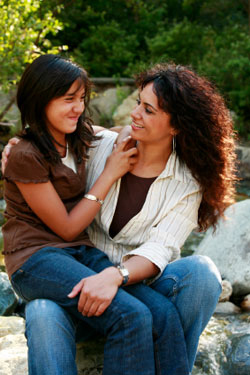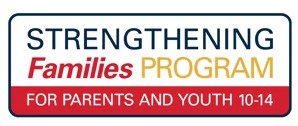Drug Abuse and Prevention Education
There are more and more substances being abused in today’s world, and younger and younger children are experimenting with them. It’s important to educate yourself – and your child about the dangers of drug abuse and the wide variety of drugs potentially being offered to your child.
To learn more about each drug category, click on the links below:
- ILLEGAL DRUGS: Cocaine, methamphetamines, ecstasy, LAD, PCP and heroin
- MARIJUANA: Although recently legalized in Colorado, the risks of using marijuana remain.
- INHALANTS: Some children are abusing inhalants like paint fumes, volatile solvents, glue, gasoline, propellants in aerosol containers of paint, hair products and more, gases like butane, freon and nitrous oxide and other chemical vapors. It’s often called huffing, sniffing or bagging.
- PRESCRIPTION DRUGS: found in medicine cabinets like Oxycodone®, Vicodin®, Ritalin®, Hydrocodone®, and Adderall® are being abused.
- Common OVER-THE-COUNTER-DRUGS are also being abused, including antihistamines, aspirin, acetaminophen, cough suppressants, mouthwash, after-shave lotion and more.
- DESIGNER DRUGS: Designer drugs include synthetic marijuana and Bath Salts. These compounds have never been tested on humans and are not safe.

Tips
- Develop open communication with your child where you encourage conversation, ask questions, and actively listen without lecturing or getting upset.
- Show you care so he or she knows they are important to you.
- Reinforce the positive by appreciating their current efforts, accomplishments and good choices.
- Respect is a two-way street so celebrate your teen’s individuality and understand their growing need for independence.
- Have family rules about teen drinking with clear, realistic expectations and appropriate consequences.
- Set a good example because you are the most important role model in your child’s life.
Signs
IT’S IMPORTANT TO PAY ATTENTION.
Middle School and High School children are going through lots of changes. One day, they want to cuddle with you, and the next they’re acting like you’re from another planet. It’s important to watch for signs that your child might be experimenting with alcohol or drugs.
- Drop in school performance or increase in problems at school.
- An increase in inappropriate anger, irritability or sullenness.
- They are in a trance-link state.
- You smell an odor of alcohol, gasoline or cleaning fluids.
- You notice an increase in the use of room deodorizers, body deodorant, after shave lotion, perfume, mouthwash or breath mints.
- They’ve developed an “I don’t care” attitude.
- You find paint or stains on their clothing or body.
- They frequently use eye drops.
- Empty cough syrup bottles.
- You find drug-related paraphernalia like pacifiers, light sticks, lollipops, empty aerosol cans, glue tubs, pipes, rolled-up folding money, razor blades, empty cough syrup bottles and more.
- Loss of interest in previously enjoyed activities.
- Change in friends, secretive about friends or part of a group that seems drink or use drugs.
- Acting like a different person.
- Skipping school.
- Stealing from family members.
- Reduced memory, concentration or attention span.
- Lying or avoiding talking about where they’ve been.
- Striking changes in personal habits – either careless or excessively neat.
- Significant weight gain or loss.
Statistics
Did you know…
- The percentage of students who report they first used alcohol at ago 16 or younger has gradually decreased since 2006*
- Recent alcohol use is occuring in grades 6th – 11th. Usage percentages are on an apparent upward trend in 7th, 9th and 10th grades.*
- In grades 6th – 11th, drinking use appears to be more than simply experimental. Just over half of the youth who took the Health Kids Colorado Survey report binge drinking within the last 30 days of taking the survey. (Binge drinking = 5 or more drinks in one occasion).*
- Juvenile Alcohol Violation Arrests remain above the state rate since 2004
*Source: 2006, 2007, 2008, 2009 Healthy Kids Colorado Survey
Resources
If you are worried a young person may be using, pay attention to your intuition and take action. When you look the other way, or avoid thinking or talking about it, you send the message that it’s ok.. Click here for a list of local and online organizations for more help and resources.





